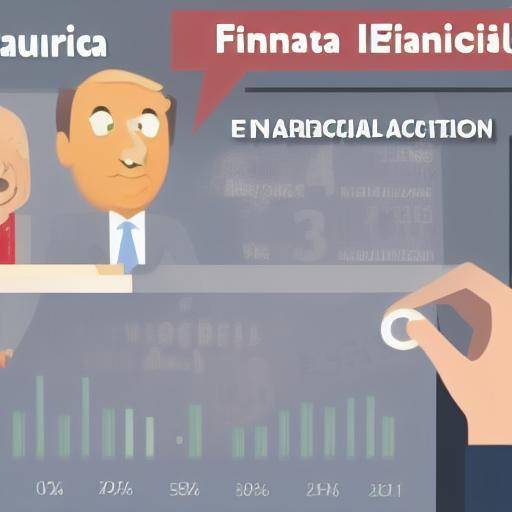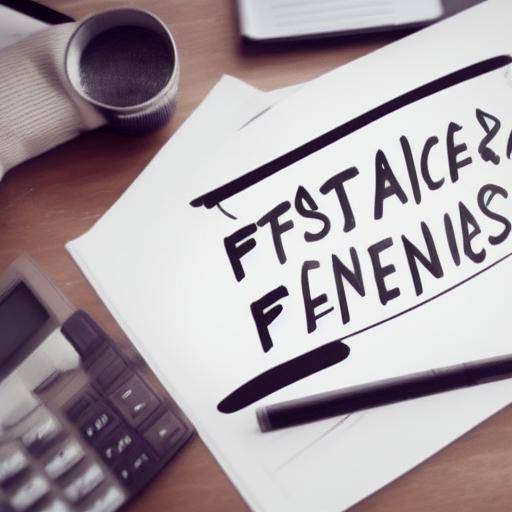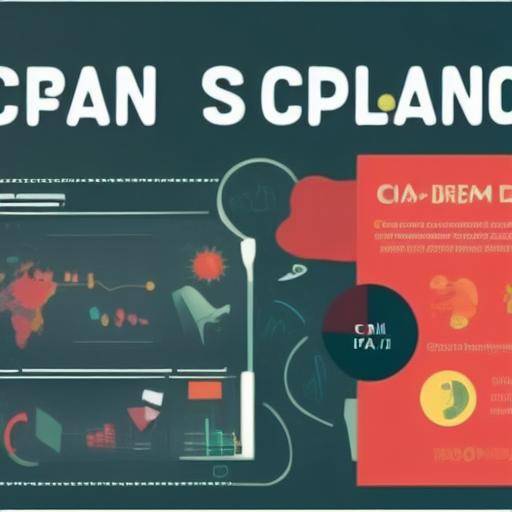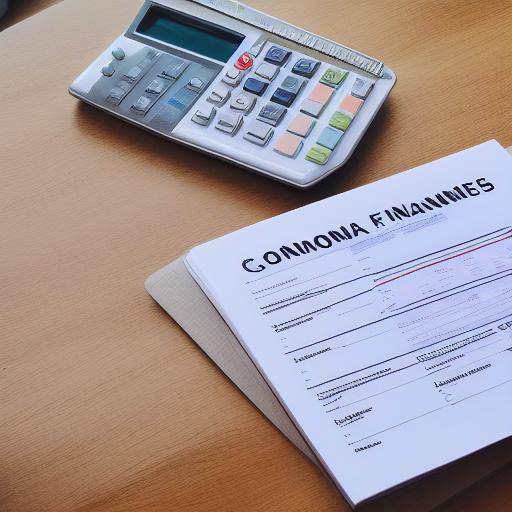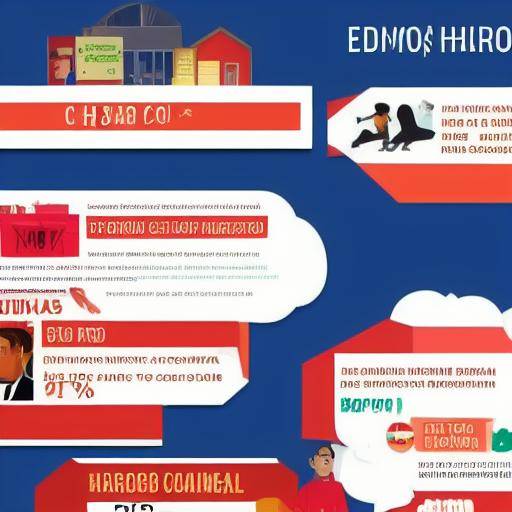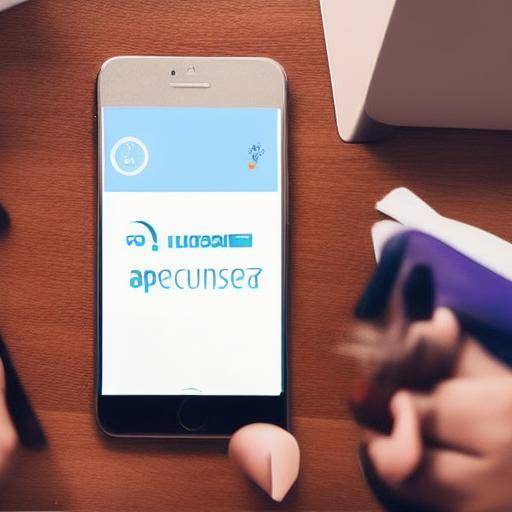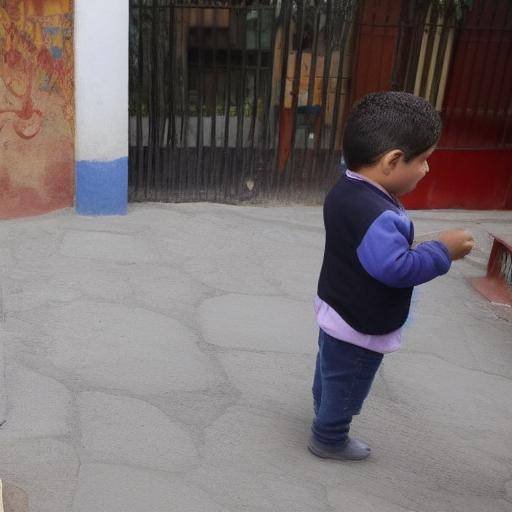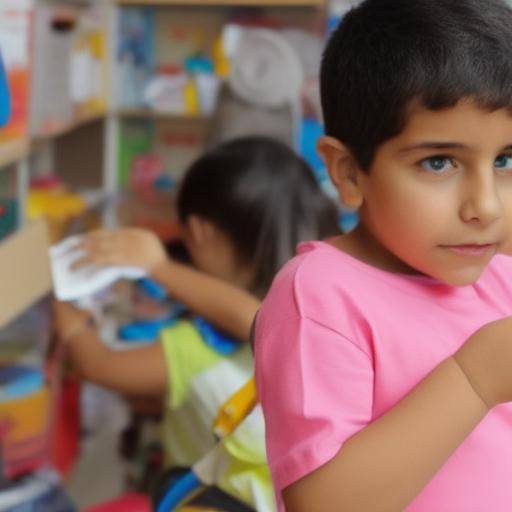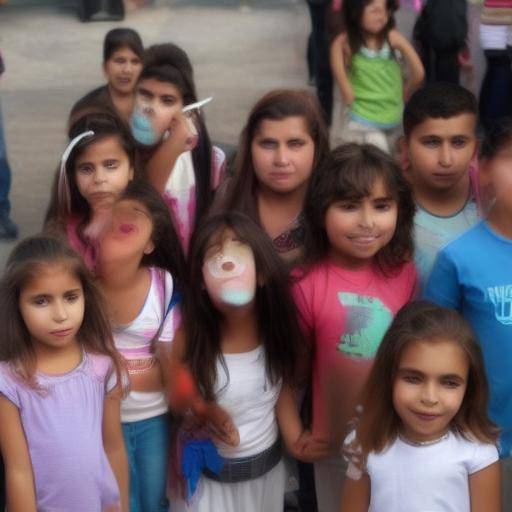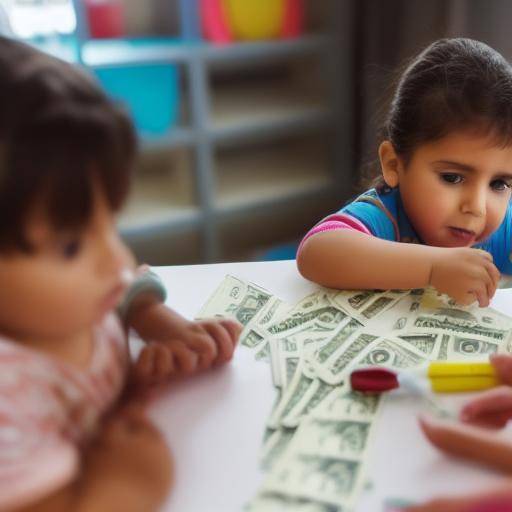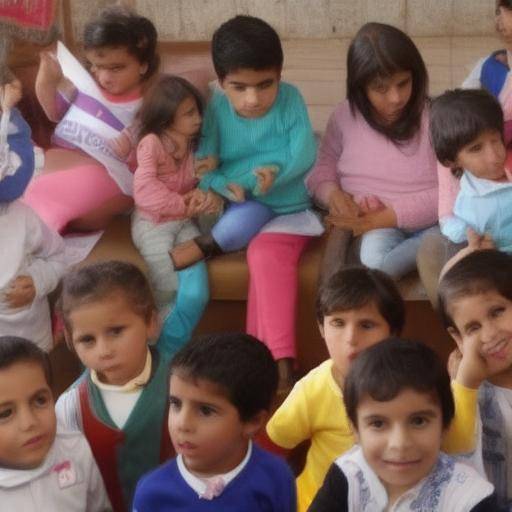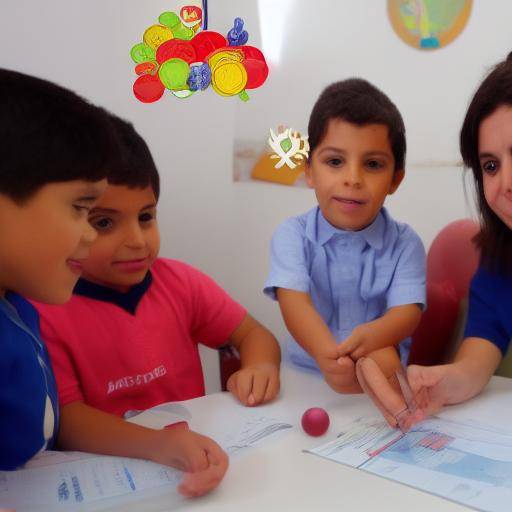
Learning about funding is crucial for the development of strong financial capacity in children. However, teaching them about money and financial management may seem boring or complicated. Fortunately, there are creative and fun ways to involve children in the world of finance. In this article we will explore games, activities and educational approaches that make financial learning fun and effective for children. Learning about money doesn't have to be tedious, and here you will discover how to involve the youngest in this important aspect of life in an exciting and educational way.
Introduction
Financial learning is essential for the future of children. However, it can be overwhelming for them if taught in a strict or impatient manner. It is vital to incorporate games and activities that make financial learning fun and attractive. In this article we will explore various strategies and resources to help children understand financial concepts in an entertaining and educational way.
Games for financial learning
Games are a fun and effective way to introduce financial concepts to children. By combining fun with education, games can help develop financial skills in a subtle and entertaining way. Here are some games that can make exciting financial learning for children:
Role Games Shop game
This game simulates a store where children can act as customers and sellers. Children can "buy" and "sales" products using money from the game, helping them understand the value of money, the exchange of goods and the management of cash.
Monopoly Junior
Monopoly Junior is a simplified version of the classic Monopoly table game. While playing, children learn about buying and selling property, managing money and making financial decisions.
Educational card games
There are card games specifically designed to teach children financial concepts, such as money management, savings and investment. These games are entertaining and provide a practical introduction to important financial issues.
Games are a powerful tool to finance learning, allowing children to experience and apply financial concepts in a fun and practical way.
Interactive activities
In addition to games, interactive activities can help children better understand financial concepts. The involvement of children in practical and stimulating activities can make financial learning more meaningful and unforgettable. Here are some ideas for interactive activities:
Create a toy bank
Encouraging children to create their own toy bank can be a fun way to teach them the importance of saving them. They can design their own pig banks, keep a record of their deposits, and learn about the concept of interest through this practical activity.
Barter flea market
The organization of a barter flea market where children can trade toys, books or other items among themselves fosters an understanding of the supply, demand and relative value of the goods.
Financial simulation games
Financial simulations, such as managing a fictitious budget or making investment decisions, can help children understand the concepts of spending, savings and financial risk in a practical and dynamic manner.
These activities are not only educational but also promote teamwork, decision-making and critical thinking.
Financial education
Financial education is essential to empower children to effectively manage their financial resources as they grow.
Importance of financial education
Instilling financial knowledge from an early age can help children develop a solid understanding of how money, savings, investment and responsible consumption work. In addition, financial education promotes healthy financial habits that can have a positive impact on the lives of children.
Educational means for financial education
Incorporating financial education into formal educational settings, such as extracurricular schools and programmes, is crucial to providing children with the tools necessary to make informed financial decisions.
Educational resources and instruments
There are various educational resources and tools specifically designed to teach finance in a accessible and entertaining way for children. From illustrated books to interactive applications, these resources can complement financial education at home and in the classroom.
The combination of games, activities and financial education provides children with a solid basis for understanding and applying financial concepts in real life in a practical and fun way.
Conclusion
Teaching children about funding in a fun and stimulating way is essential to preparing them for a financially sound future. By incorporating games, interactive activities and adequate financial education, children can develop strong financial skills in a meaningful and attractive way. By making financial learning fun, we can ensure that children are well equipped to make responsible financial decisions throughout their lives.
With the right combination of strategies, we can ensure that children not only acquire financial knowledge but also develop a healthy and positive relationship with money.






